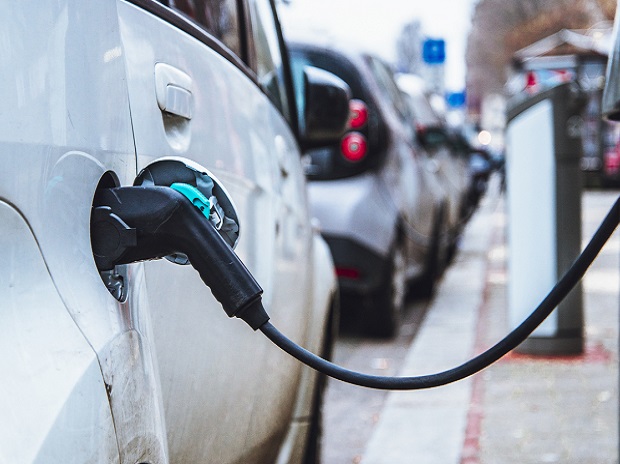The ambition of central government for electrical vehicles might be achieved soon as ISRO (Indian Space Research Organisation) approved lithium-ion battery technology for commercial use. As one-time technology transfer fee, battery makers will have to pay Rs. 1 crore to ISRO.
Currently, the cost of buses ranges from Rs. 18 lakh to Rs. 45 lakh undertaken by state transport. Commercialisation of this technology can save 10-15 per cent of the cost of e-vehicles. Some experts think that the technology is still in development stage and its cost is slightly high. An expert said, “Charging stations are not in place, the cost of the battery itself is high. There are affordability and durability issues.”
One challenge is doubt of customers about the working of electric vehicles. The difference between the cost of ordinary automobile and e-vehicle could be a concern. Another concern could be due to weather conditions, cooling the batteries could raise the operational costs. In view of the costs, E-vehicle will justify the launch as public transports only.
The expert said, “Creating demand for e-vehicles is important. Get private investors in through some incentives.” ISRO and BEHL have collaborated to help and develop low-cost lithium-ion batteries for e-vehicles.







